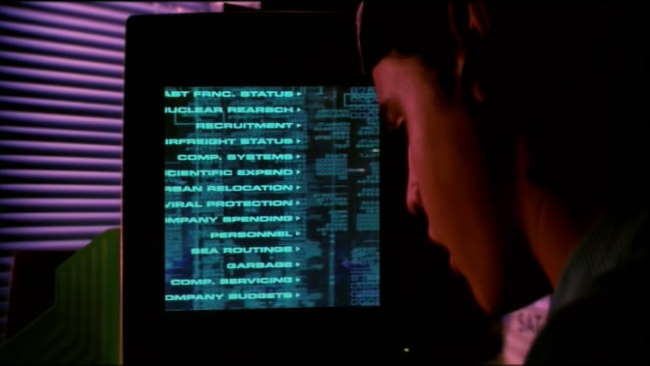March 14, 2009
BBC Builds a Botnet.
Source: BBC Click
You got spammed! We’ve had to deal with it, spam in our emails, and while filtering has gotten better at removing the crap, the spammers have devised even more powerful ways of insuring that your inbox chokes. The most sinister of them all is the botnet, innocent home computers that have been infected to make remote use possible.
This week, the BBC’s tech news program Click built their own botnet of 22,000 computers to perform two tasks. First, they had the net spam a couple of email addresses they set up for the test. Next, they use the net to launch a DDoS attach on a security site owned by Prevx.
The results: The inboxes choked while the site ground to a halt.
To give you an idea of what botnets are out there and the potential damage they can do, check out this list of the top spam botnets.
Is this even LEGAL? To build the botnet, the BBC posed as “customers” to purchase the software that infects computers to make the botnet. That would seem to be no different than an undercover agent looking to gather evidence of hacking, only the BBC didn’t need a warrant. The attack on the Prevx was done with the company’s approval on a backup site. This would like a “test” for a tiger-team to see if they are able to do a bigger hack. Companies hire hackers (”white hats”) to regularly test their security, or ethical hackers will do so while leaving messages of possible weaknesses.
What the BBC did may border on journalism and legality, but they do had a good reason for doing this:
A lot of the debate has been about whether we did the right thing digging into the murky world of hackers and organised cybercrime. In seeking to demonstrate the threat, had we put ourselves in the position of those we wanted to expose?
That’s always a good question. After all, we could have simply described what we believe happens and given some warning advice, couldn’t we? We’ve done this in the past. So have many others…
But hacking has gone professional. Today, your PC can be doing bad things to other people without you even knowing. It’s a major growth area for organised crime: it’s global, and very local to all of us who work, communicate and play on the world wide web.
So we felt that there was the strongest public interest in not just describing what malware can do, but actually showing it in action. A real demonstration of the power of today’s botnets - to infect, disrupt and damage our digital lives - is the most powerful way to alert our audiences to the dangers that they face. It’s a wake-up call to switch on that firewall and improve our security on the internet.
We think that what we did was a first for broadcast journalism. We were amazed by the ease of use of the botnet, and the power of its disruptive capacity.
They have since disabled the botnet.
Was this power trip really necessary? People will question whether the BBC’s use of a botnet was required, but there’s no question that there will always be security holes in the system. Linux and Windows users have known this, and OS X users will soon learn this lesson the hard way.

Remember: No amount of software patching will ever close the security hole between the keyboard and the chair.
Comments